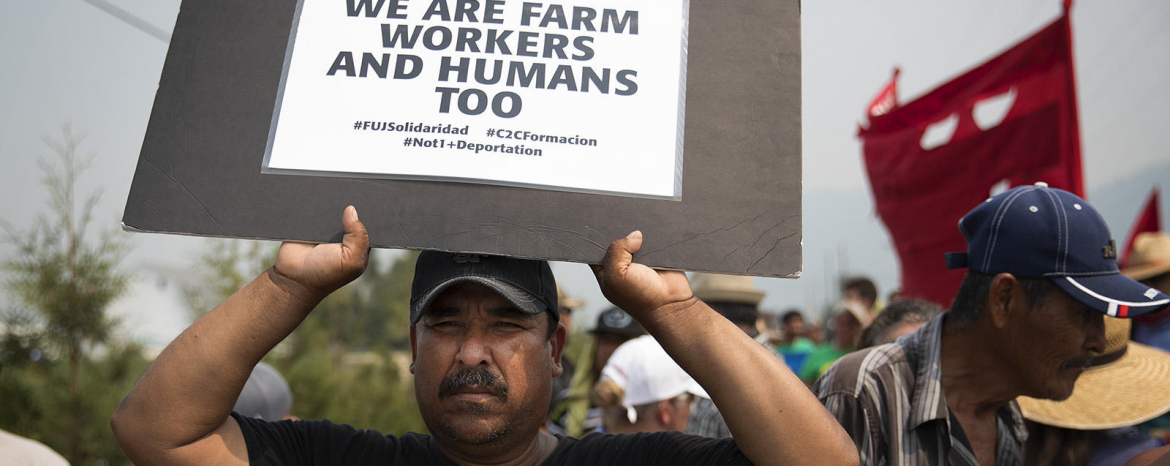Farmworkers often face inhumane working conditions – poverty wages, backbreaking physical labor, exposure to pesticides, and other workplace abuses. They are excluded from most national labor protections afforded other workers, such as minimum wage and hour guarantees and overtime pay.
Ironically, the wrongfully terminated farmworkers at Sarbanand Farms may be more protected than other workers in Washington state in this sense: They have the right to sue.
Firing workers for protesting working conditions is always immoral, but is it always illegal?
In the private sector it is illegal but typically the only claim is with the NLRB. Like any prosecutor, the federal agency may or may not pursue the case. In the public sector, unless there is already a union in place or the employees are trying to form a union, the firing may not even be illegal.
But farm workers fall outside both laws: they aren’t covered under the definition of “employee” under either law. Far from being in legal purgatory though, they are protected by a state law that (the Washington Supreme Court ruled over 20 years ago) creates a claim that can be enforced by workers in a state court lawsuit.
It will be interesting to see if any of the wrongfully terminated employees at the Sumas blueberry farm decide to exercise this right.
Disclaimer: This is not legal advice. The complexity of the law in this area cannot be fully summarized in a blog post or a meme.

